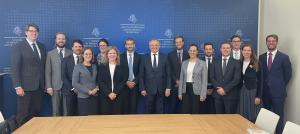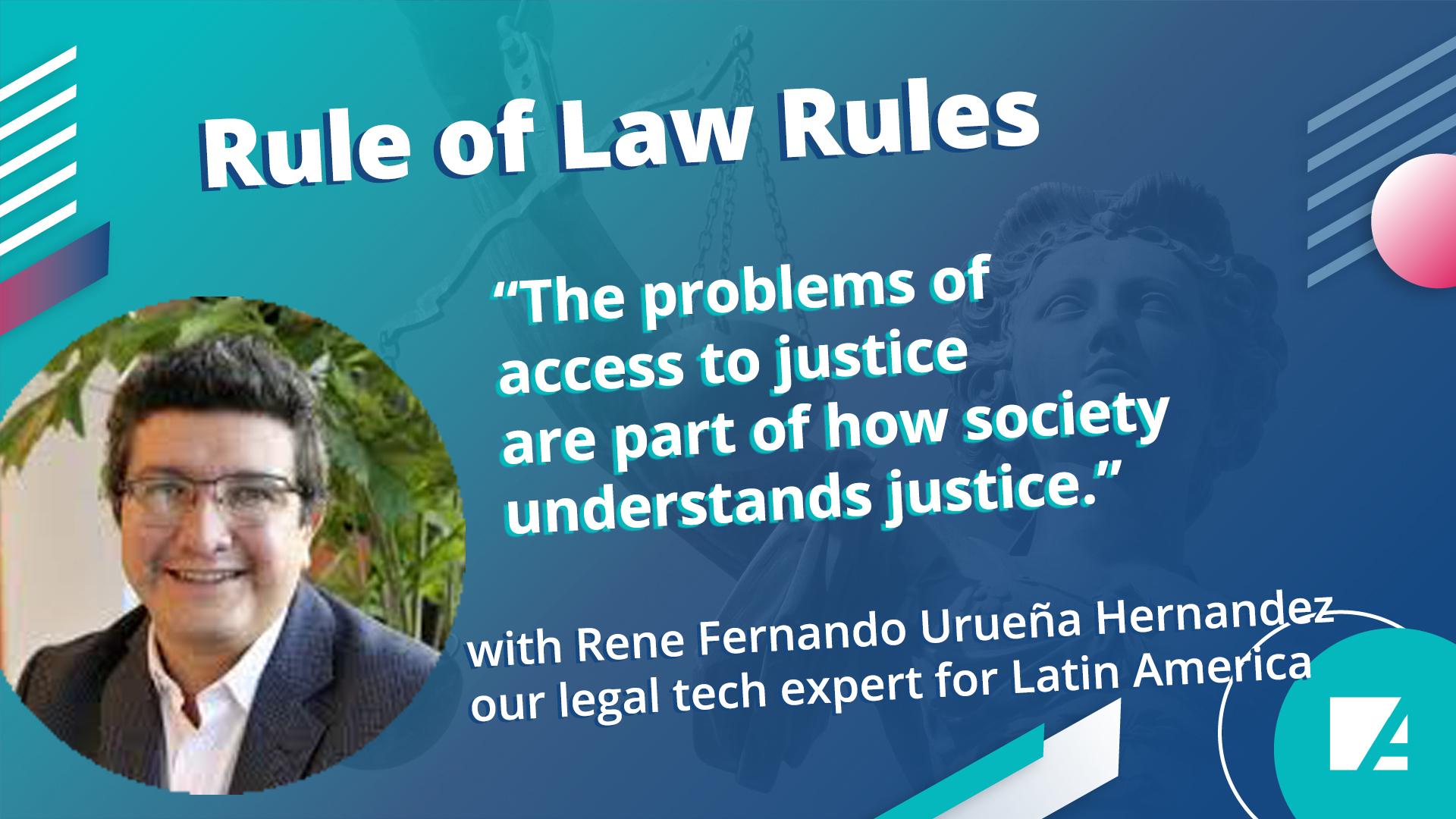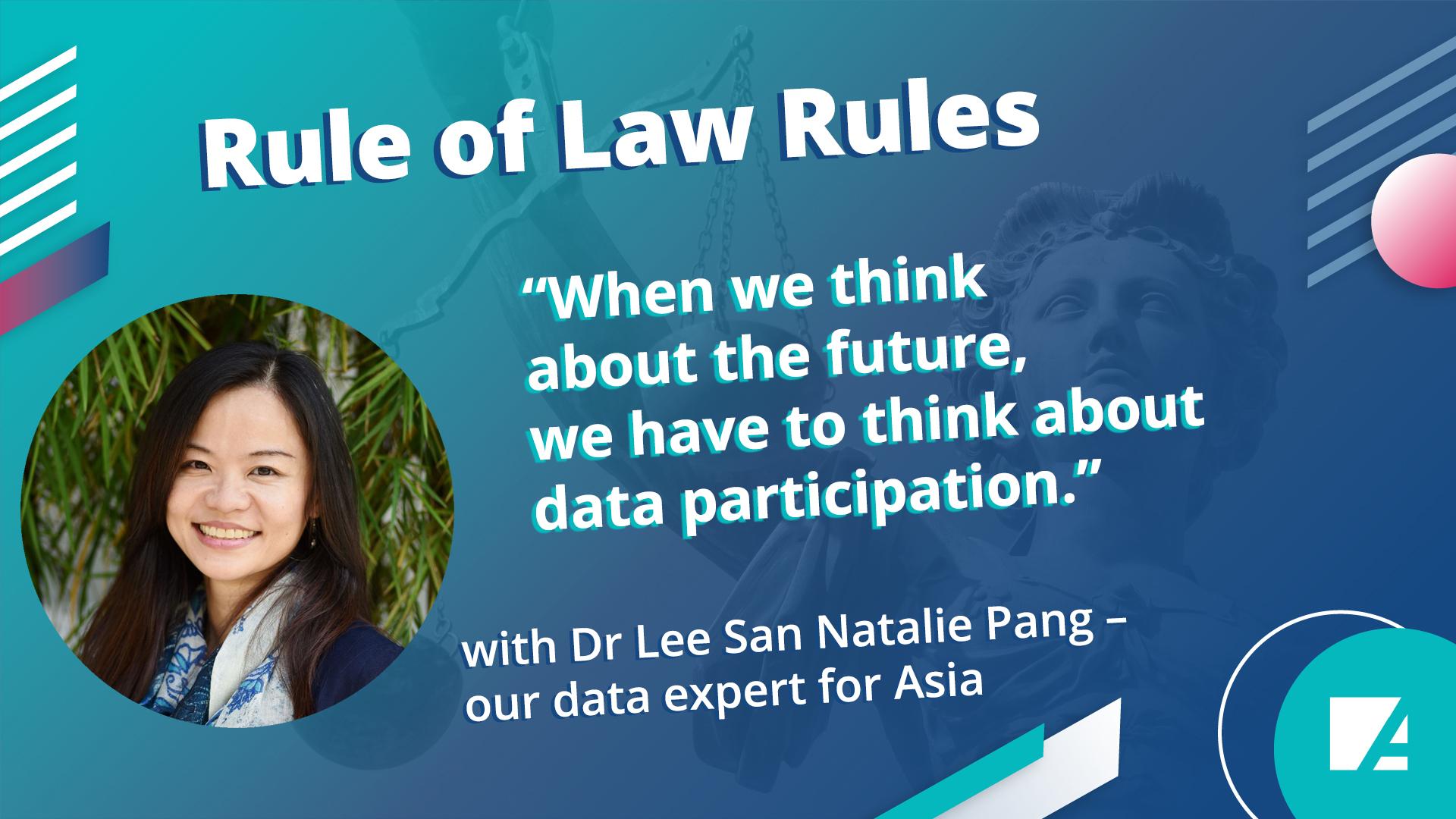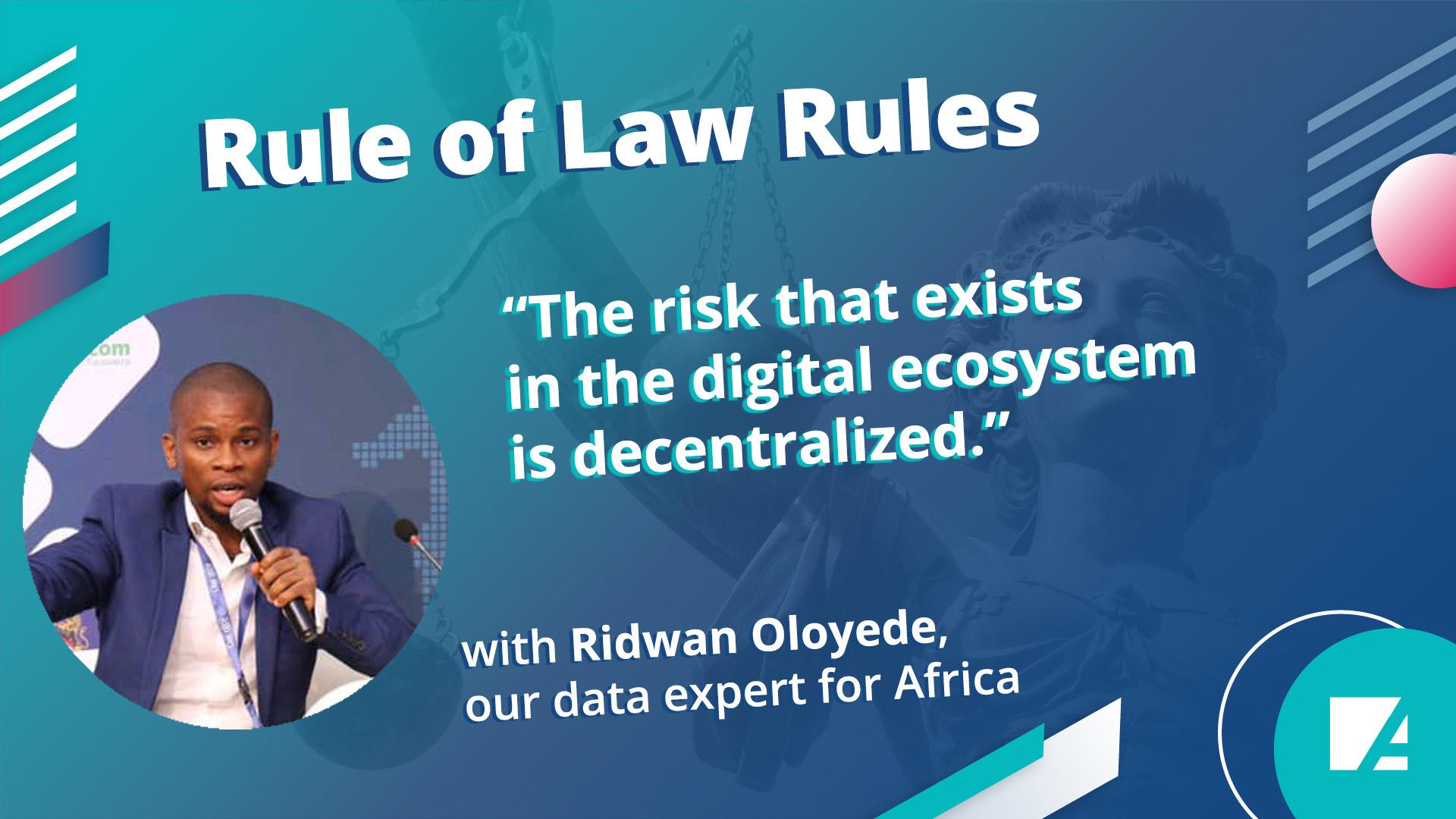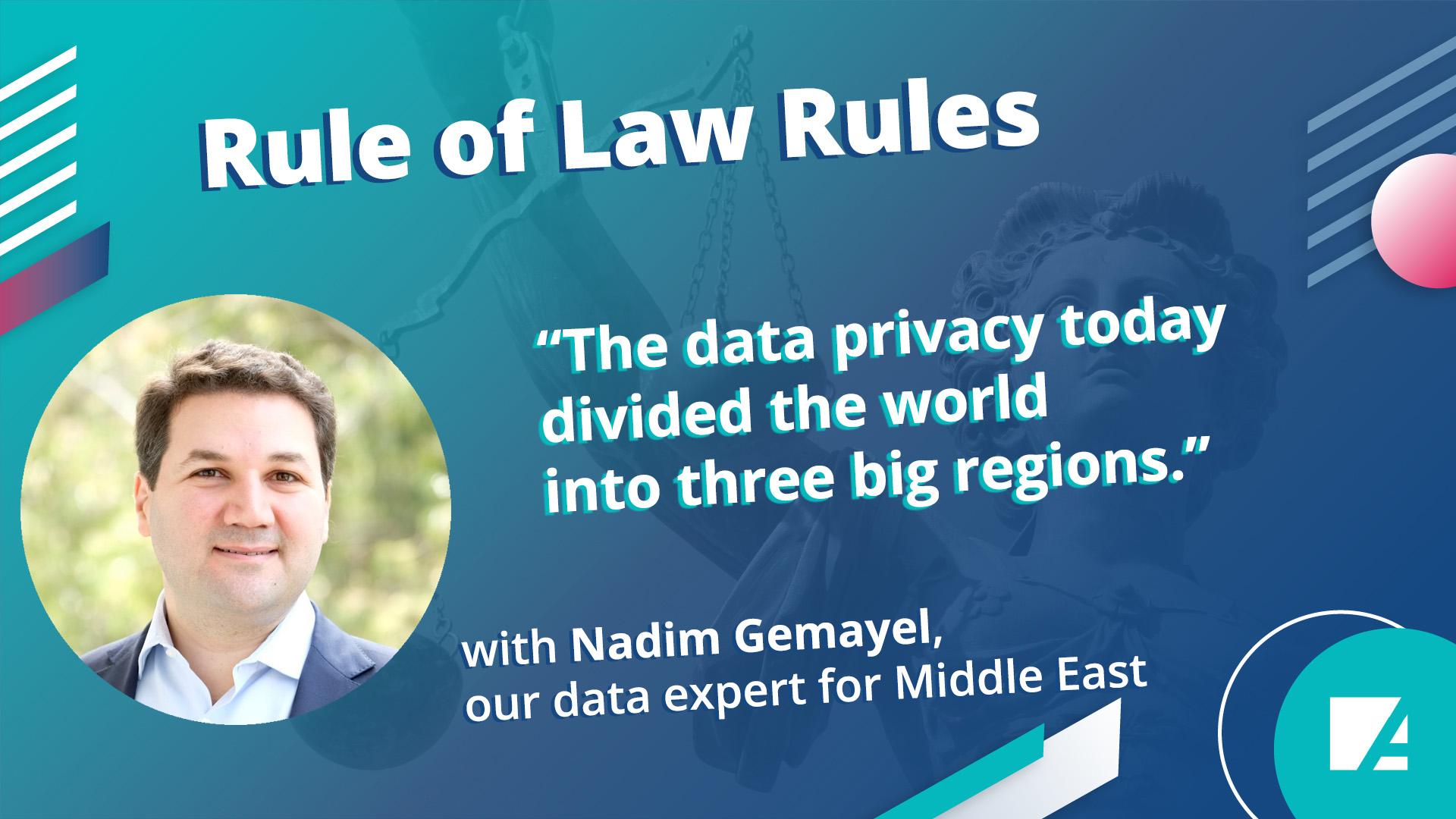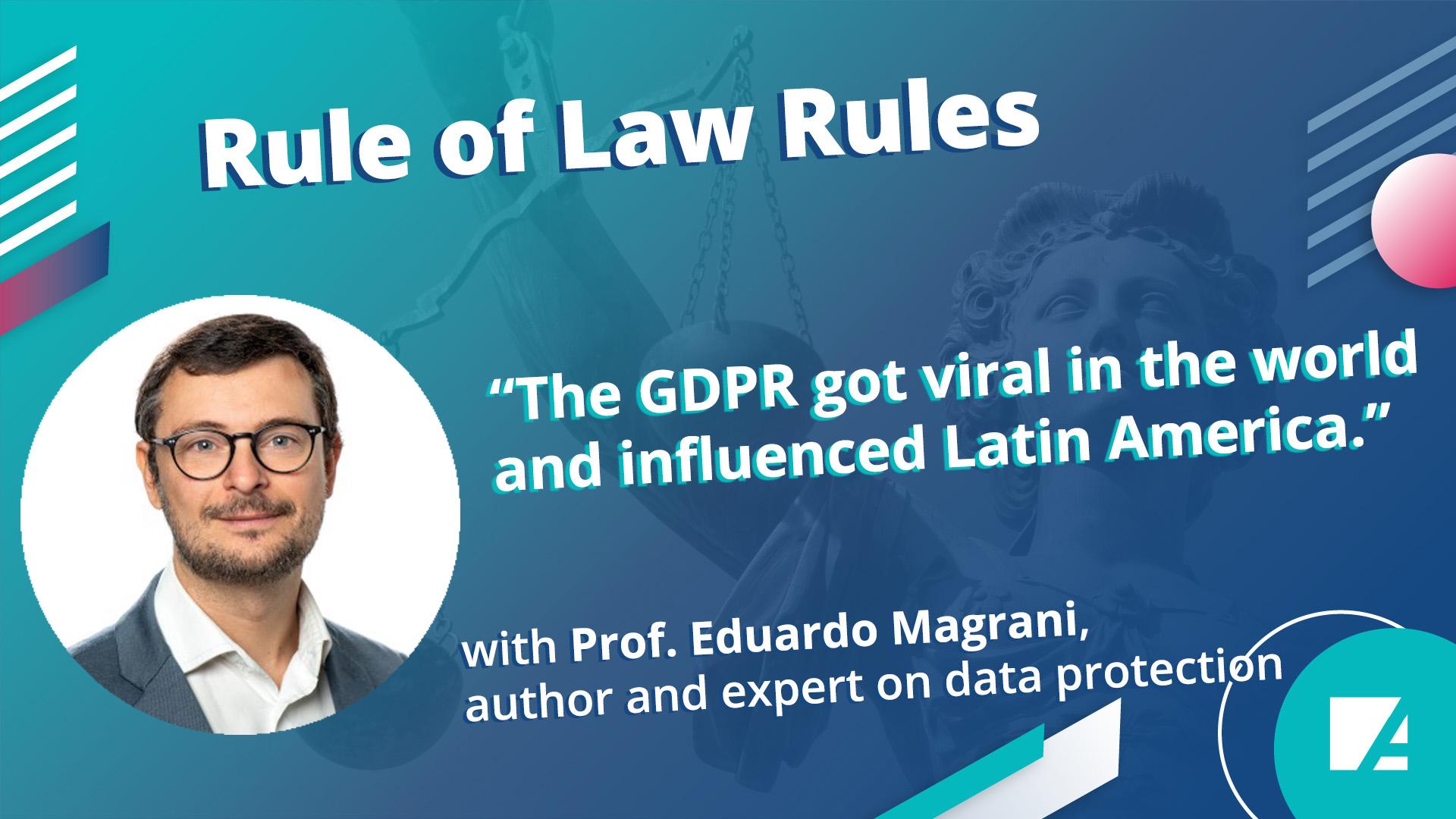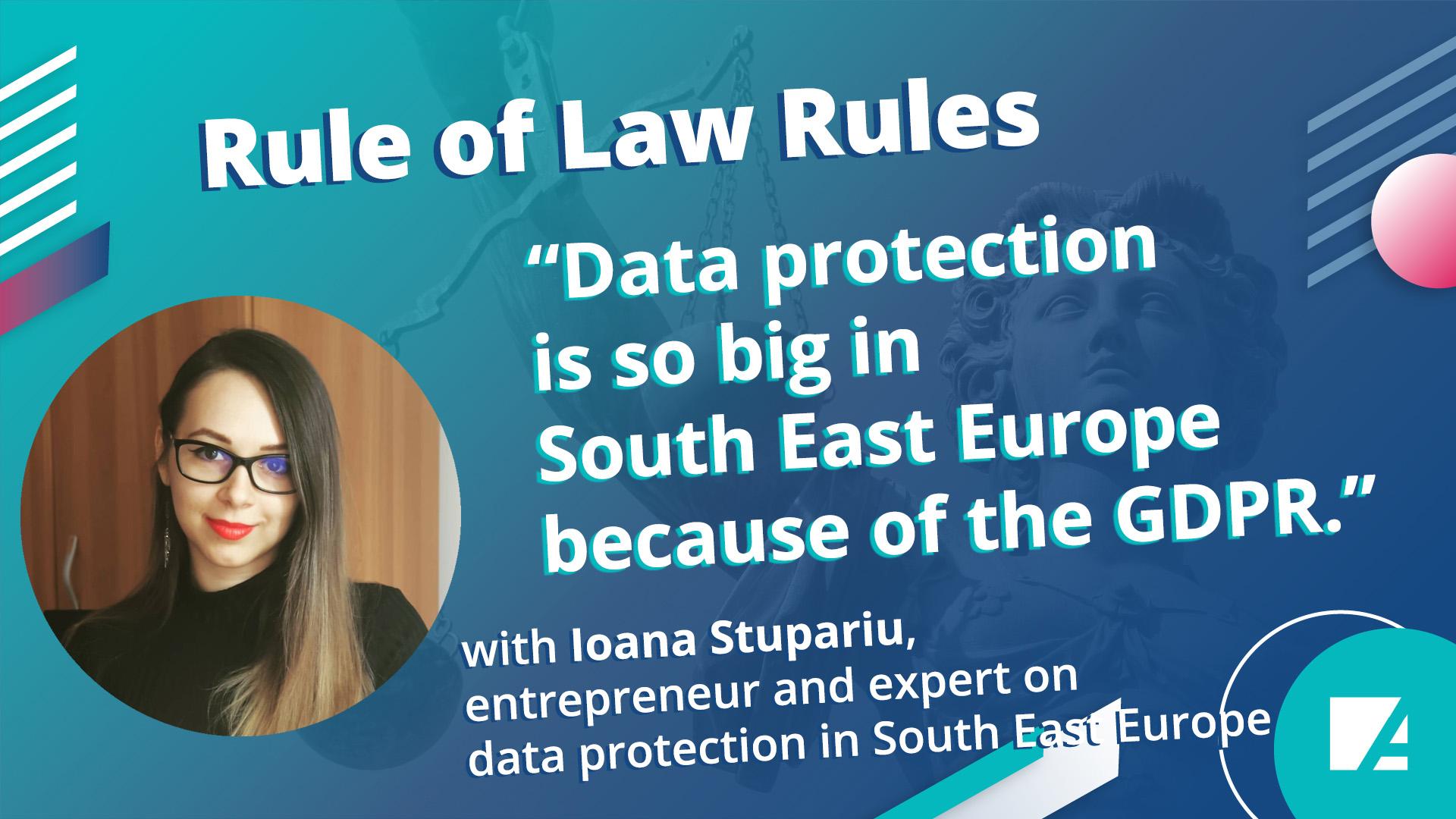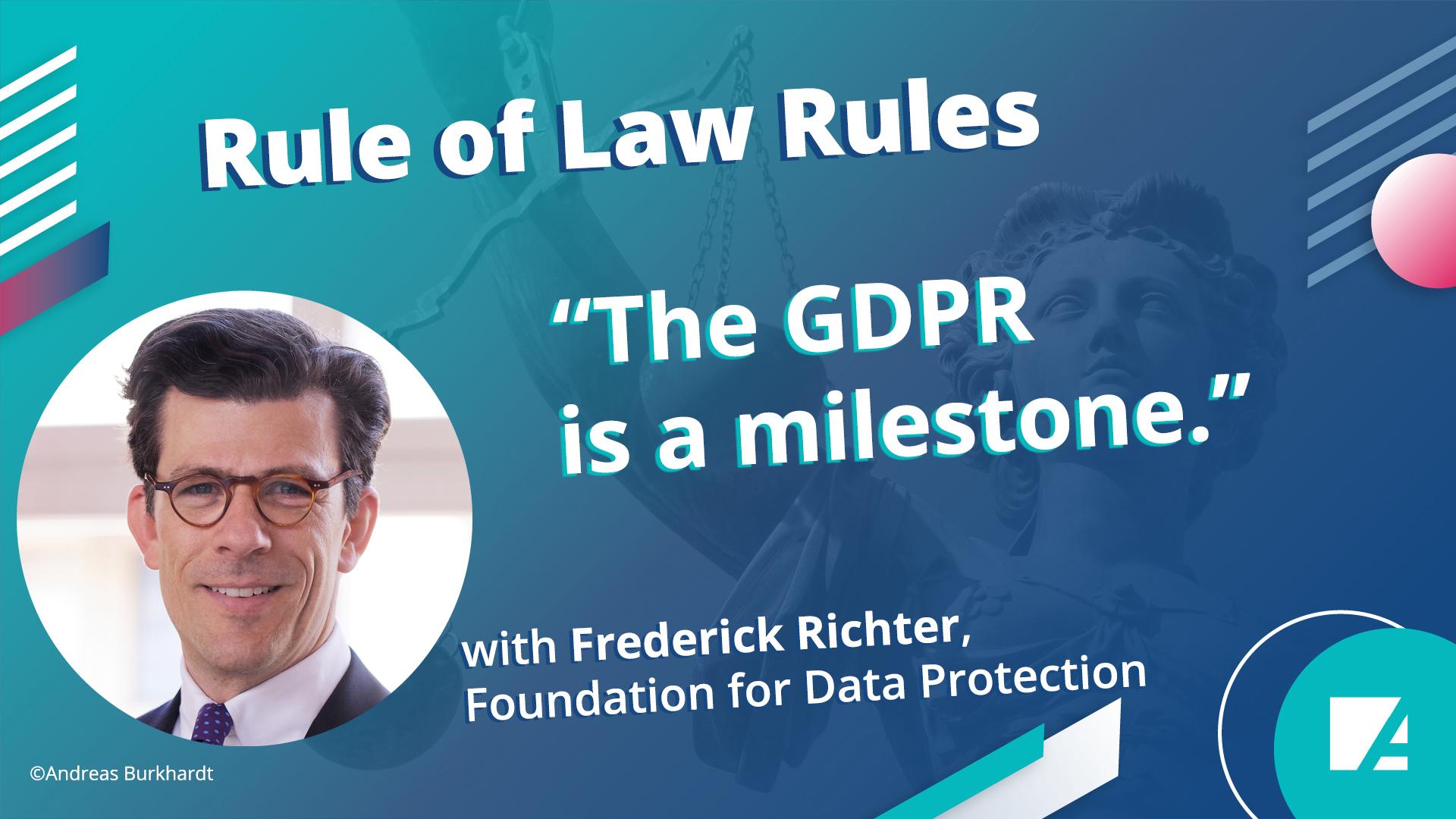The re-election of Donald Trump in 2024 marks a profound turning point in international politics. With his second term, transatlantic relations and the global order are set to change in ways that are not yet foreseeable. This anthology by the authors of the Working Group of Young Foreign Policy Experts analyzes the geopolitical, economic, and security implications of the new U.S. administration, highlighting both the challenges and opportunities for Europe, particularly for Germany.
Trump 2.0 signals a stronger U.S. focus on the Indo-Pacific, a realignment of trade policy, and an even more consistent implementation of the "America First" doctrine. Washington's transactional foreign policy forces European nations to enhance their defense capabilities independently, develop new strategic partnerships, and strengthen their economic resilience.
Key issues include technological sovereignty, geopolitical competition with China, and the future of NATO and the EU. As the U.S. shifts its priorities, Europe must decide how to redefine its role in a rapidly changing world.
What strategies must Europe develop to secure its independence and assert its interests against an increasingly unpredictable superpower? What measures should the new German government take? And could Trump’s second term paradoxically serve as the long-overdue catalyst for strengthening Europe’s autonomy?
Read the full publication: "Perspektive Trump 2.0 – Eine neue Ära der transatlantischen Beziehungen" as a PDF here. Please note, to date this publication is only available in German.




